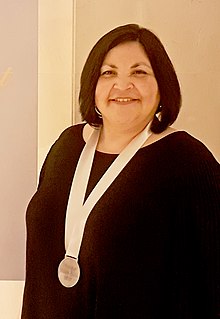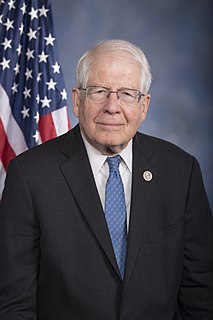Цитата Идена Робинсона
Хотя наследственные вожди населяют вершину наших традиционных социальных систем, было бы ошибкой думать, что они владеют всей властью. Они не короли. Они не диктаторы. Они несут ответственность перед своими кланами и матриархами. Все решения, влияющие на наши сообщества, требуют длительных, обдуманных обсуждений и тщательных переговоров.
Темы цитат
Связанные цитаты
Если бы мы с вами жили 500 лет назад, наше мировоззрение и принятые в результате решения были бы совершенно другими. Наши умы формируются нашей социальной средой, в частности, системами верований, созданными теми, кто находится у власти: тогдашними монархами, аристократами и теологами; корпорации, миллиардеры и средства массовой информации сегодня.
В то время как вожди наших предков обладали, по крайней мере, некоторым интуитивным чутьем в отношении важных переменных, таких как сельское хозяйство и кавалерия, наши современные вожди (и те, кто в средствах массовой информации отвечает за проверку решений), как правило, не понимают их эквивалентов и часто менее опытны в управлении сложными организациями, чем их предки. предшественники.
Недостаточно людей в нашем обществе обучены тому, как понимать и интерпретировать количественную информацию. Эта деятельность является центральным элементом научной грамотности, к которой мы все должны стремиться — от этого зависит будущее здоровье, богатство и безопасность нашей демократии. Пока это не будет достигнуто, мы рискуем принимать недостаточно информированные решения, которые затрагивают нас самих, наши сообщества, нашу страну и даже весь мир.
Крупная атака на наши киберсистемы может вывести из строя нашу критически важную инфраструктуру — финансовые системы, системы связи, электрические сети, электростанции, водоочистные сооружения, транспортные системы и нефтеперерабатывающие заводы, — которые позволяют нам управлять нашей экономикой и защищать безопасность американцев.
Как мы видели в нашей собственной истории, вливание новых идей из других миров изменило жизнь для всех, и с созданием новых пограничных сообществ, далеких от досягаемости старого мира, также сформировались новые социальные системы, более созвучные тот факт, что именно человек должен был принимать решения и выполнять работу первооткрывателя.
Я думаю, что нам нужно начать говорить о том, что значит создавать эти безопасные пространства в наших сообществах, начать приветствовать друг друга в наших домах и в наших сообществах, когда они возвращаются домой из тюрьмы, люди, которые находятся на улицах. Нам нужно начать работу в наших собственных сообществах по созданию той демократии, которую мы хотели бы видеть в большем масштабе.
Наше собственное правительство — это наше естественное право; и когда человек серьезно задумается о ненадежности человеческих дел, он убедится, что гораздо мудрее и безопаснее составить свое собственное устройство хладнокровно и обдуманно, пока оно в наших силах, чем доверять такое интересное событие времени и случая.





































